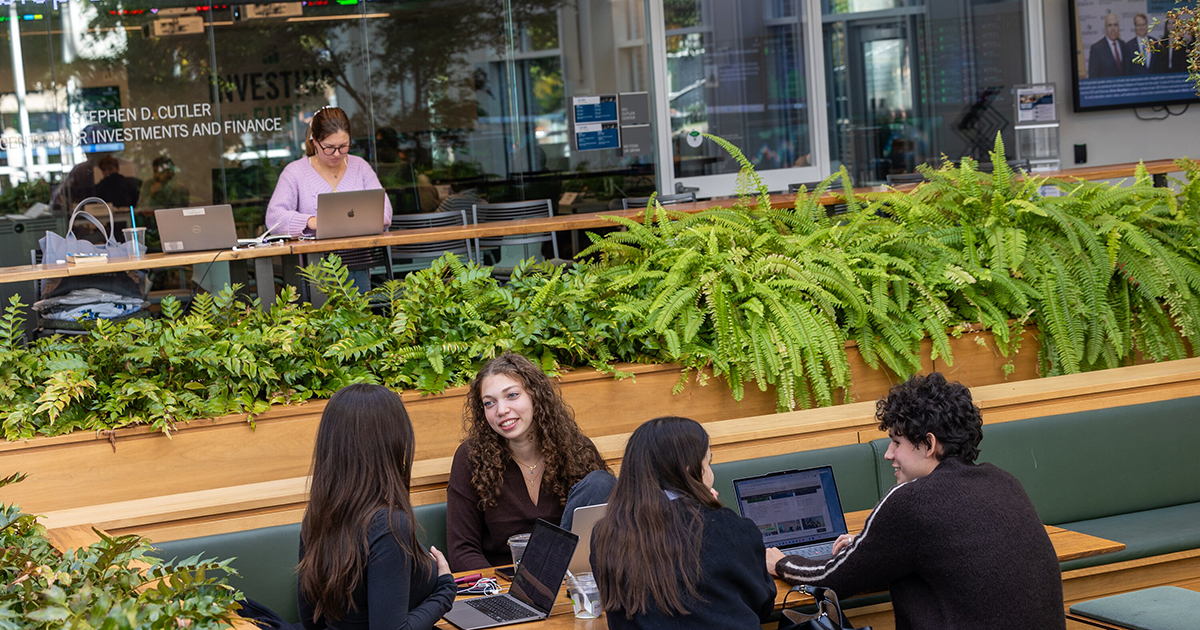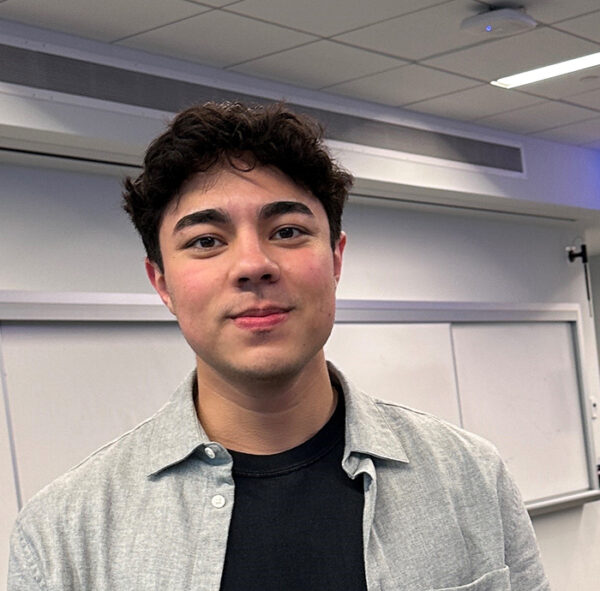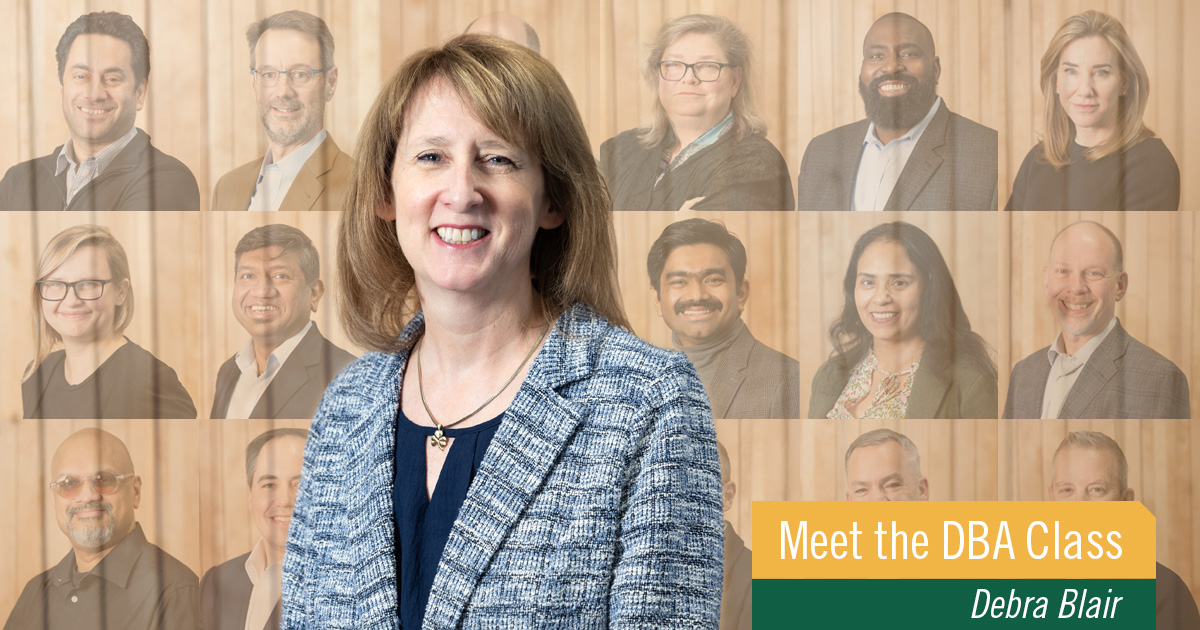Would You Work 72 Hours a Week? Here’s What Babson Students Say

A new wave of American tech firms—especially in the generative AI startup world—is resurrecting a work ritual born in China: “996,” shorthand for 9 a.m. to 9 p.m., six days a week.
The Chinese government eventually outlawed the 996 model as exploitive in 2021, but several U.S. startups recently began experimenting with the same schedule. Rather than the casual, perks-driven culture of earlier tech eras, these founders frame a 72-hour workweek as a badge of commitment—or even a recruitment filter. With the fast-moving pace of generative AI, some leaders argue that this level of intensity is essential to capture a fleeting window of innovation.
The 966 work hour revival has sparked debate about the hard-charging trend of hustle culture. Critics warn that extending far beyond typical work hours can lead to burnout, while supporters counter that the transformative opportunities make the sacrifice worth it.
To see how tomorrow’s entrepreneurs view the trend, we asked Babson College students for their thoughts. Here’s what they said.
Carlos Escotet ’26

“I’m currently pursuing a concentration of finance, so breaking into the financial services industry comes with a lot of talk about work-life balance. You hear about people working 100 hours a week and being on call on the weekends, so I have heard about the 996 trend.
For me, it really depends on the kind of work that I’m doing as well as the compensation. If I was passionate about the job, I would do it.”

Elaina Head ’29
“I already have days that run from 7 a.m. to 11 p.m. between classes, track, and the equestrian team, so I wouldn’t mind a 996 schedule for myself. But if I had employees, I’d want them to have work-life balance. I own a company, and I’m like trying to figure out how do I add people into my business. It’s personally just me now, but I’ve been kind of working out what does that look like? What would their obligation to the company look like? And, I think for me personally, I wouldn’t mind the schedule, but I know a lot of people out there that would not be comfortable with those hours. It’s different when you look at it for yourself versus when you look at it for others.”

Anya Moric ’27
“I’m pretty much working 996 now. I run two businesses—an Amazon e-commerce brand and a dessert truck called The Cravery—while doing full-time school, so I would say that I don’t really have time for playing around or fun activities.
But, I also like what I do, so it doesn’t feel like work. Yes, the hours are long, and yes, I’m tired, but I know I’m chasing after a goal, and to accomplish the goal, you need to obviously put in the work.”

Eva Jones ’29
“I’ve heard about the 996 schedule before. Personally, if I was working for someone, I would not adhere to that. Adding more time to people’s schedules when we have things like AI that are supposed to give us more time for life is kind of ridiculous.
“But being an entrepreneur, if it were my own business, I might have to do it for a while—but long term, I would never want that for myself or my employees. People are more productive when they have things outside of just work.”

Said Mukhitdinov ’26
“I originally come from a country (Uzbekistan) that already has six-day workweeks, and even then, 9 a.m. to 9 p.m. is extreme. If it wasn’t my own company, I wouldn’t want to do that. I think a big consideration would be pay, because if the pay was significant, I’d consider it.
“However, my time on the weekends, especially if it is with my family, is important to me. I value that very highly. So, if there is not a significant return, I would not do it. I wouldn’t make employees do it, either. If they wanted to, and they felt like they had that passion to work, I would welcome that and make sure they were compensated.”

Dhruvi Gari ’27
“The startup mindset is all about working hard and taking risks. I’m personally interested in investment banking. I understand it will have long hours, but for me, it’s part of the work hard, play hard mindset. If there are real benefits—like travel, good pay, and growth—I think it’s worth it.
“With the implementation of AI, technology is expanding so fast and businesses are growing. Students are more willing to work those kinds of hours instead of a traditional 9-to-5, and I love being productive and feeling that adrenaline, so I’d probably do it.”
Posted in Insights




